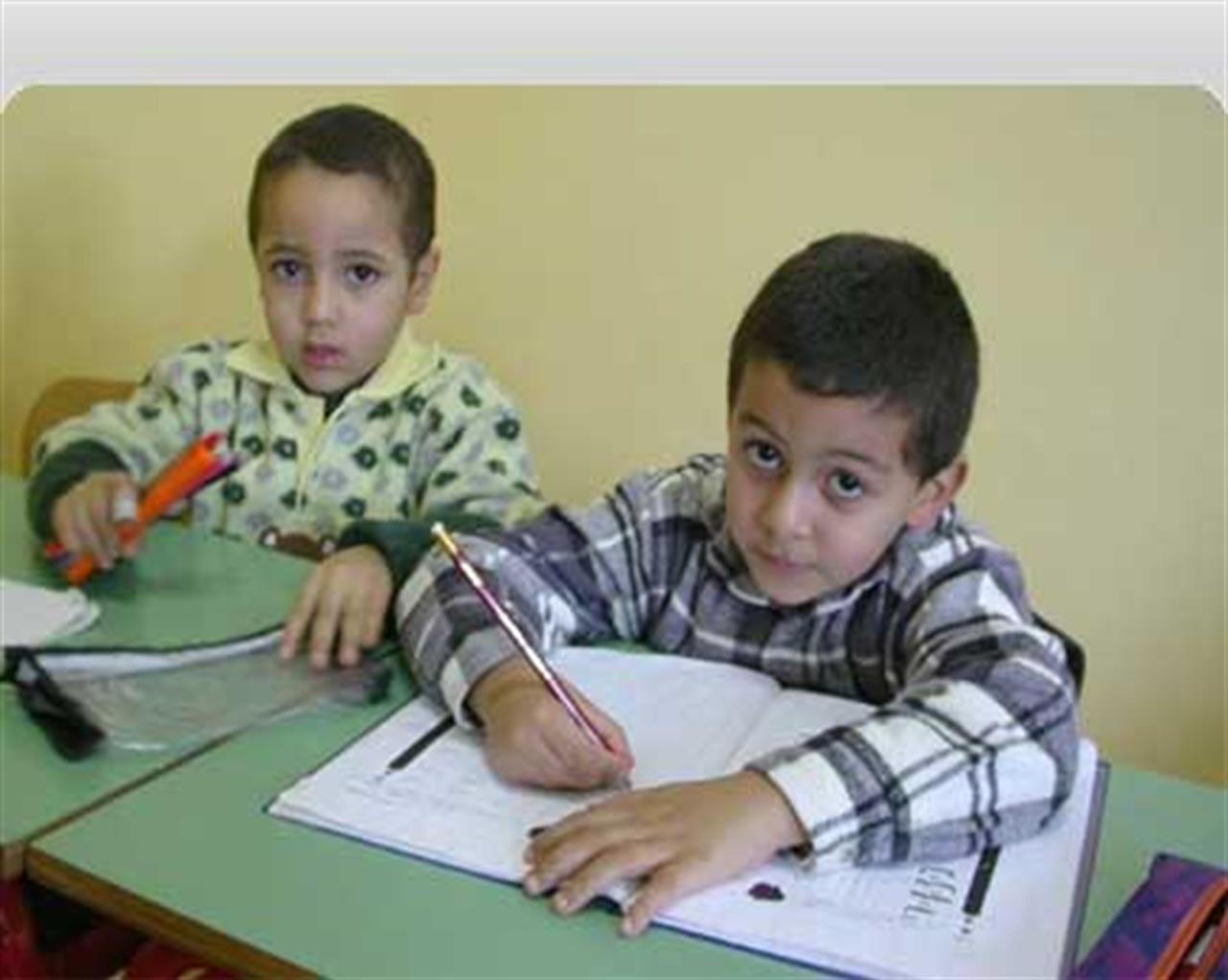Non profit
Start of the segregated classrooms
The first case of a segregated classroom in the Reggio-Emilia region of Italy
di Staff

What the right-wing separatist Northern Italian political party, the Northern League, has long wished for, has been realized where you least expect it: in the most evolved service system for children – even praised by American newspapers.
In Reggio Emilia, a nursery school classroom has been formed with only foreign children. It has happened in a small town near Reggio Emilia, as reports the website www.stranieriinitalia.it/ (foreigners in Italy).
This year the nursery school has 38 enrolled children, 14 Italians and 24 children of immigrants.
Director Roberto Ferrari has divided them into two sections, one with all the Italians and five foreigners, the other with all the other non Italian pupils, mainly Indians.
This choice, Ferrari explained to Stranieriinitalia.it “is justified by the law, which prohibits the formation of classes with a majority of foreign pupils, and by the necessity to protect Italian children’s enrolment. Their parents threatened to move them to a private nursery school if they ended up in a class with a foreign majority”.
“Besides, the separation between the two sections is only a formal one. Three days out of five,” highlighted Ferrari, “the children blend to have common activities. There is no discrimination, resources and extra staff are still intended for foreign pupils, and in compulsory education, where they are more than 40%, we have very good results of progress at school”.
Foreign children’s parents do not agree. They have organized, together with the national Italian Trade Union, Cgil, a protest picket in front of the school.
The creation of the immigrant children class, they explain in a leaflet, “took place without our involvement and with no preventive consultation. We are against a school which separates instead of uniting, we are against the idea that a three-year-old child must learn Italian quickly, we believe that it is much more important that at that age he doesn’t feel “different”.”
Immigrant families address Italian parents: “Many of our children were born here, they are Italian. Why can’t they stay with your children? School moulds tomorrow’s men and women and gives sense to a community. Unfortunately the signal that is given seems to us to go in the oppostie direction.”
17 centesimi al giorno sono troppi?
Poco più di un euro a settimana, un caffè al bar o forse meno. 60 euro l’anno per tutti i contenuti di VITA, gli articoli online senza pubblicità, i magazine, le newsletter, i podcast, le infografiche e i libri digitali. Ma soprattutto per aiutarci a raccontare il sociale con sempre maggiore forza e incisività.
